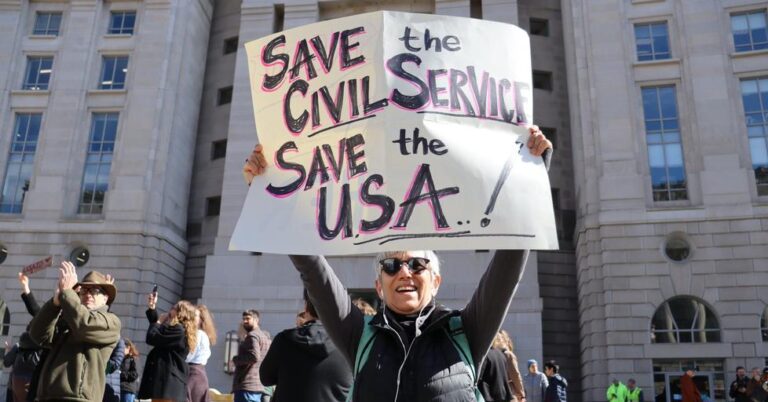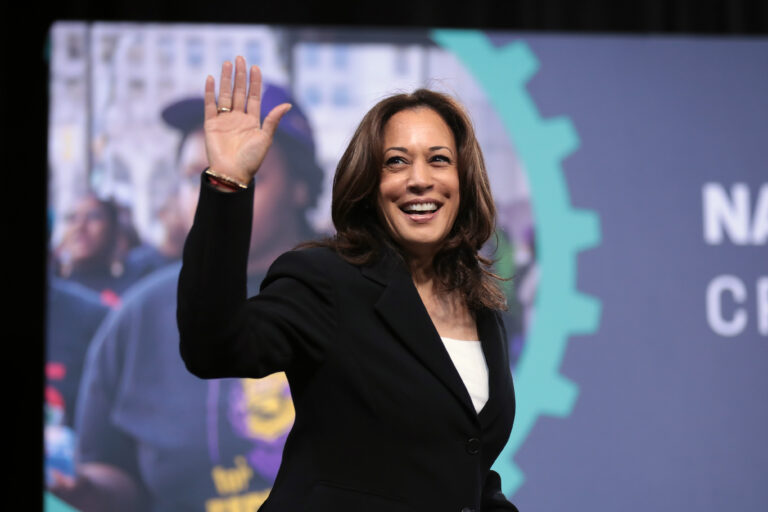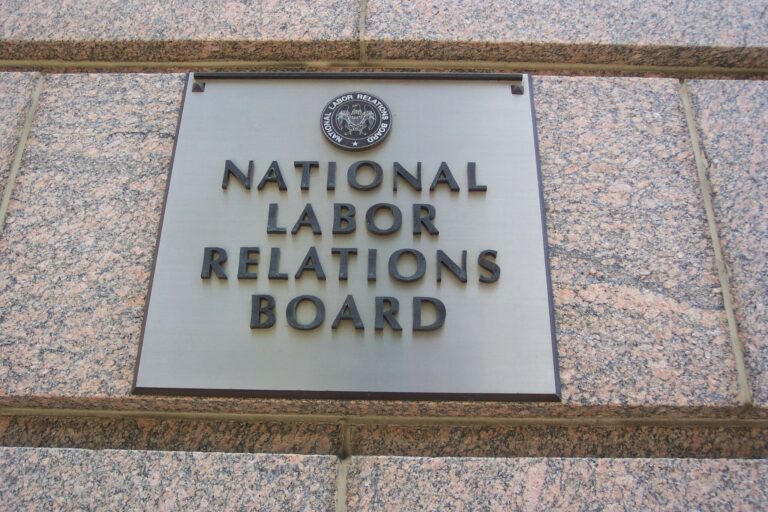
Sharon Block is a Professor of Practice and the Executive Director of the Center for Labor and a Just Economy at Harvard Law School.
In addition to many POTUS tweets, the controversy over NFL players’ national anthem protest has also generated a number of interesting labor law questions, about which Ben has written. A new issue arose, however, in a curious exchange in the Bloomberg Daily Labor Report (subscription only) on Thursday about the charge filed with the National Labor Relations Board by United Labor Unions Local 100 against the Dallas Cowboys. The charge alleges that Cowboys owner Jerry Jones violated the National Labor Relations Act by threatening to bench any players who failed to stand during the national anthem.
You don’t have to be much a football fan to notice that the United Labor Unions Local 100, a small union known for representing service workers in the South, is unlikely to be the certified collective bargaining representative of the Dallas Cowboys players. In fact, all NFL players are represented by the National Football League Players Association. Noting that the NFLPA seems to have nothing to do with the charge and that the United Labor Unions Local 100 has nothing to do with the NFLPA, both a management lawyer, Tom Gies of Crowell & Moring, and a labor law professor, Paul Secunda, questioned the standing of United Labor Unions Local 100 to file the charge.
The exchange is interesting because, unlike most other judicial or administrative proceedings, the National Labor Relations Act does not include a standing requirement. The Board’s regulations simply state that “any person may file a charge alleging that any person has engaged in . . . an unfair labor practice.” (emphasis added.) While it may seem strange that a stranger to a dispute has a right to initiate Board proceedings – it certainly struck Gies and Secunda as strange – it makes sense if you think about the bigger picture of how the Board operates.
To a large extent, the charge filing process is simply a means of giving the NLRB General Counsel notice that a violation of rights may have occurred and should be investigated. Such notice is important because the General Counsel is precluded from going out and looking for violations on his or her own initiative. In the Obama Administration, we took great pride in adopting “strategic enforcement” initiatives across the Department of Labor’s enforcement agencies, like the Wage and Hour Division and the Occupational Safety and Health Administration, pursuant to which we used vast amounts of data and community contacts to anticipate where violations might be, looking especially in industries and workplaces where vulnerable workers might be hesitant to come forward themselves to file charges. We called these cases “directed investigations” and they were as successful in uncovering violations as cases initiated on the basis of employee complaints.
There is nothing strategic about how the NLRB General Counsel is allowed to initiate investigations. In fact, even if the General Counsel witnesses a flagrant violation of the Act, absent a pending charge, the General Counsel is unable to do anything. In light of the constraints on getting cases into the NLRA’s process, it makes sense to have a broad definition of who may be the General Counsel’s eyes and ears in pointing out where problems under the Act may exist. Unions traditionally have played the role of strategically directing the Board’s attention to potential violations. In this era of declining union density, however, it may be important for other organizations to think about how they can play a strategic agenda setting role on behalf of workers who don’t have a union, but whose right to engage in concerted activity under the Act may be being violated. Clearly, the Dallas Cowboys are not unrepresented workers hiding in the shadows but the curious circumstance of a stranger coming to their rescue has raised another interesting issue in the on-going NFL anthem protests.










Daily News & Commentary
Start your day with our roundup of the latest labor developments. See all
February 1
The moratorium blocking the Trump Administration from implementing Reductions in Force (RIFs) against federal workers expires, and workers throughout the country protest to defund ICE.
January 30
Multiple unions endorse a national general strike, and tech companies spend millions on ad campaigns for data centers.
January 29
Texas pauses H-1B hiring; NLRB General Counsel announces new procedures and priorities; Fourth Circuit rejects a teacher's challenge to pronoun policies.
January 28
Over 15,000 New York City nurses continue to strike with support from Mayor Mamdani; a judge grants a preliminary injunction that prevents DHS from ending family reunification parole programs for thousands of family members of U.S. citizens and green-card holders; and decisions in SDNY address whether employees may receive accommodations for telework due to potential exposure to COVID-19 when essential functions cannot be completed at home.
January 27
NYC's new delivery-app tipping law takes effect; 31,000 Kaiser Permanente nurses and healthcare workers go on strike; the NJ Appellate Division revives Atlantic City casino workers’ lawsuit challenging the state’s casino smoking exemption.
January 26
Unions mourn Alex Pretti, EEOC concentrates power, courts decide reach of EFAA.